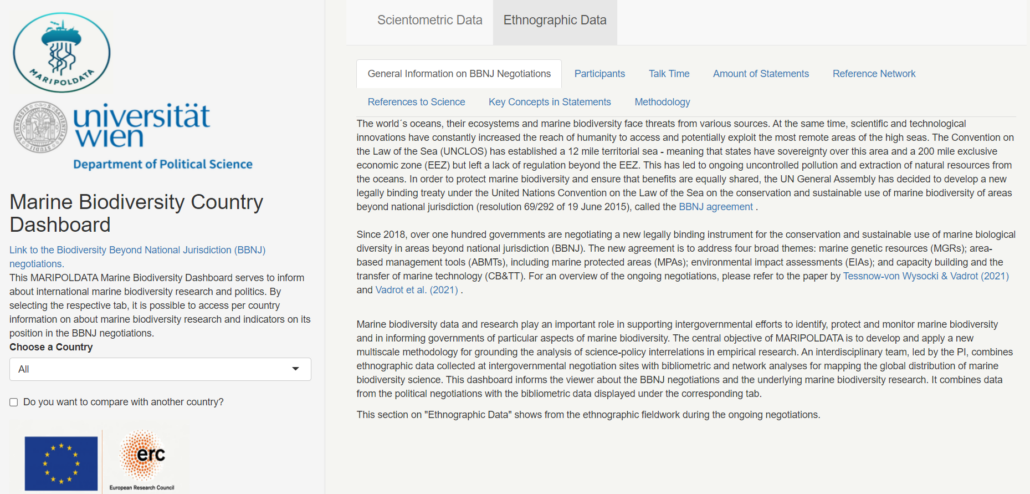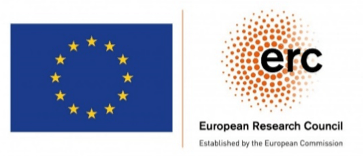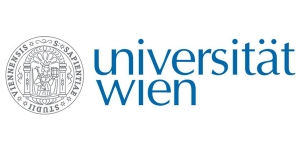The MARIPOLDATA Marine Biodiversity Country Dashboard – An innovative way to inform about the BBNJ negotiations
MARIPOLDATA has now published a new Marine Biodiversity Country Dashboard which presents some of the ethnographic and bibliometric data collected by the project at and on the ongoing intergovernmental negotiations for the conservation and sustainable use of marine biodiversity of areas beyond national jurisdiction (BBNJ). The data is organized by country and the user can interactively select the country of interest as well as compare different countries.
This interactive dashboard serves to inform the user about a variety of indicators from the ongoing process of international negotiations as well as from the bibliometric sample of marine biodiversity-related scientific publications since 1990, as presented in the paper by Tolochko & Vadrot (2021). The dashboard maps the behavior of governmental delegations in the BBNJ negotiations as well as the global distribution of marine biodiversity science by giving data on the scientific output and cooperation of a country as well as data from the ongoing negotiations such as talking time and the mentioning of core concepts.
It can be a helpful tool for researchers interested in the study of BBNJ, governmental and non-governmental actors involved in the BBNJ negotiations, and the general public. By making this data publicly accessible, we hope to both inform the ongoing BBNJ negotiations throughout the intersessional period and making the BBNJ negotiations more transparent to the public. The user can click through the dashboard to find relevant data for the country of interest, making the use of the dashboard intuitive and interactive.
Key contributions
- Making research data openly accessible
- Presenting ethnographic data from BBNJ negotiations on a country-level
- Connecting ethnographic and bibliometric data
- Strengthening engagement with the BBNJ process
Informing the BBNJ negotiations
While the world´s oceans, their ecosystems, and marine biodiversity face threats from various sources, scientific and technological innovations have constantly increased the reach of humanity to access and potentially exploit the most remote areas of the high seas. To conserve marine biodiversity and regulate areas beyond national jurisdictions, the UN General Assembly has decided to develop a new legally binding treaty under the United Nations Convention on the Law of the Sea on the conservation and sustainable use of marine biodiversity of areas beyond national jurisdiction (resolution 69/292 of 19 June 2015), called the BBNJ agreement.
Since 2018, over one hundred governments are negotiating a new legally binding instrument for the conservation and sustainable use of marine biological diversity in areas beyond national jurisdiction (BBNJ). The new agreement is organized into four different package items: marine genetic resources (MGRs); area-based management tools (ABMTs), including marine protected areas (MPAs); environmental impact assessments (EIAs); and capacity building and the transfer of marine technology (CB&TT). For an overview of the ongoing negotiations, please refer to the paper by Tessnow-von Wysocki & Vadrot (2020) and Vadrot et al. (2021) or our previous blogposts. Since the beginning of the COVID-19 pandemic, however, intergovernmental negotiations have been postponed and states and stakeholders engage online in informal dialogues.
Innovative ways of engagement
After almost two years of online intersessional period, it is particularly important to maintain momentum and engagement in the BBNJ negotiation process. Further, it is crucial to make negotiations publicly understandable and increasingly transparent – also to the public that is not directly involved with the negotiations.
By making country-level data about marine biodiversity publicly available now, we aim to create novel ways for the public to engage with the BBNJ negotiations. Using the open-source R shiny app, we programmed this dashboard for researchers, policy-makers, non-governmental actors, and other stakeholders or the general public that wish to stay updated on several aspects of the BBNJ process. We hope that the dashboard can trigger continuous engagement with the BBNJ negotiations, particularly during the prolonged intersessional period, and in this way support the intergovernmental efforts to come to an agreement.
Being published simultaneously to the innovative panel “United Nations Negotiations for the Future of Marine Biodiversity. A Conversation among Academics and Practitioners on the BBNJ Negotiations” at this year´s Earth System Governance conference, it aims to highlight innovative ways to stimulate discussion and engagement and to contribute to an inter- and transdisciplinary dialogue on the BBNJ negotiations. This dashboard supports the panel which brings together researchers and practitioners by providing new data and analyses.
Thus, we invite scholars and national delegates, as well as representatives of intergovernmental- and non-governmental organizations and everyone else to explore the dashboard and in this way stay informed about the BBNJ process.
The MARIPOLDATA approach – a new methodology to analyze negotiation data
Marine biodiversity data and research play a central role in negotiating and implementing the treaty and delegates continuously emphasize the importance of science-based decisions making. But the capacities to conduct marine scientific research, and develop and use data infrastructures are unequally distributed. There are also significant disbalances in the intensity of scientific collaboration among countries as well as primary research topics (Tolochko & Vadrot, 2021). Despite broad recognition of these disbalances, the political aspects of marine biodiversity research remain understudied.
The central objective of MARIPOLDATA is to overcome these shortcomings by developing and applying a new methodology for the analysis of science-policy interrelations. To research the science-policy interrelations, the MARIPOLDATA team has applied a set of qualitative and quantitative methods to collect data within the BBNJ negotiations as well as online in the Web of Science database.
The research team notes that the collection of ethnographic data at international negotiations and its subsequent management and publication has posed a challenge to researchers in the past. Concerning ethnographic data, it has been particularly challenging to make such data publicly accessible and understandable beyond the researcher that collected it. This dashboard was developed as an answer to these challenges. By making ethnographic data from the negotiations and bibliometric data from the web of science publicly accessible, the research team moves forward on this central objective of the project to understand science-policy interrelations and identify new forms of power in global environmental politics as well as develop the methodologies to do so.



